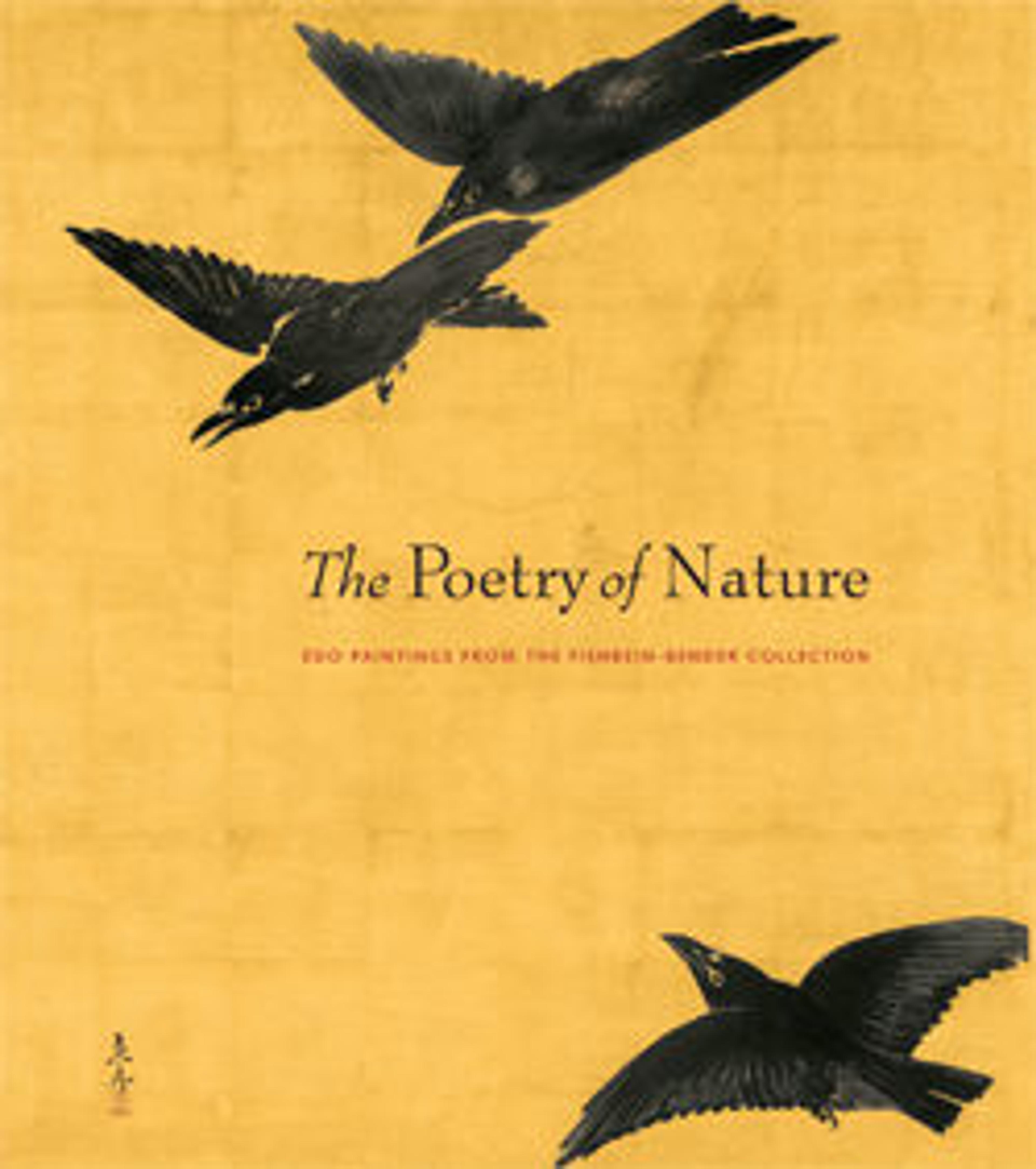Portrait of Daruma
Daruma (Sanskrit: Bodhidharma) is the first patriarch of Zen Buddhism, who, according to legend, sat in continuous meditation for nine years in a cave in northern China. Following the medieval tradition of monochromatic depictions of Daruma, the Sōtō sect Zen master Fūgai Ekun created numerous minimalist, powerful paintings such as this. The extensive blank space both accommodates an inscription and suggests a metaphysical state of nothingness.
Artwork Details
- 風外慧薫筆 達磨図
- Title: Portrait of Daruma
- Artist: Fūgai Ekun (Japanese, 1568–1654)
- Period: Momoyama (1573–1615)–Edo (1615–1868) period
- Date: early 17th century
- Culture: Japan
- Medium: Hanging scroll; ink on paper
- Dimensions: Image: 30 1/2 x 12 1/8 in. (77.5 x 30.8 cm)
- Classification: Paintings
- Credit Line: Gift of Florence and Herbert Irving, 2015
- Object Number: 2015.500.9.5
- Curatorial Department: Asian Art
More Artwork
Research Resources
The Met provides unparalleled resources for research and welcomes an international community of students and scholars. The Met's Open Access API is where creators and researchers can connect to the The Met collection. Open Access data and public domain images are available for unrestricted commercial and noncommercial use without permission or fee.
To request images under copyright and other restrictions, please use this Image Request form.
Feedback
We continue to research and examine historical and cultural context for objects in The Met collection. If you have comments or questions about this object record, please contact us using the form below. The Museum looks forward to receiving your comments.
